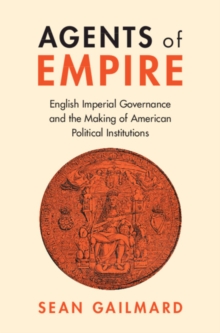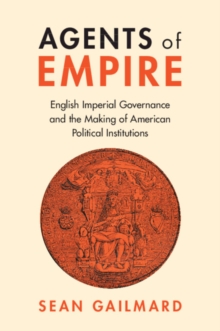
Elbridge Gerry's Salamander : The Electoral Consequences of the Reapportionment Revolution Hardback
by Gary W. (University of California, San Diego) Cox, Jonathan N. (California Institute of Technology) Katz
Part of the Political Economy of Institutions and Decisions series
Hardback
Description
The Supreme Court's reapportionment decisions, beginning with Baker v.
Carr in 1962, had far more than jurisprudential consequences.
They sparked a massive wave of extraordinary redistricting in the mid-1960s.
Both state legislative and congressional districts were redrawn more comprehensively - by far - than at any previous time in America's history.
Moreover, they changed what would happen at law should a state government fail to enact a new districting plan when one was legally required.
This book provides a detailed analysis of how judicial partisanship affected redistricting outcomes in the 1960s, arguing that the reapportionment revolution led indirectly to three fundamental changes in the nature of congressional elections: the abrupt eradication of a 6% pro-Republican bias in the translation of congressional votes into seats outside the south; the abrupt increase in the apparent advantage of incumbents; and the abrupt alteration of the two parties' success in congressional recruitment and elections.
Information
-
Out of stock
- Format:Hardback
- Pages:248 pages, 22 Tables, unspecified; 7 Line drawings, unspecified
- Publisher:Cambridge University Press
- Publication Date:04/03/2002
- Category:
- ISBN:9780521806756
Information
-
Out of stock
- Format:Hardback
- Pages:248 pages, 22 Tables, unspecified; 7 Line drawings, unspecified
- Publisher:Cambridge University Press
- Publication Date:04/03/2002
- Category:
- ISBN:9780521806756










